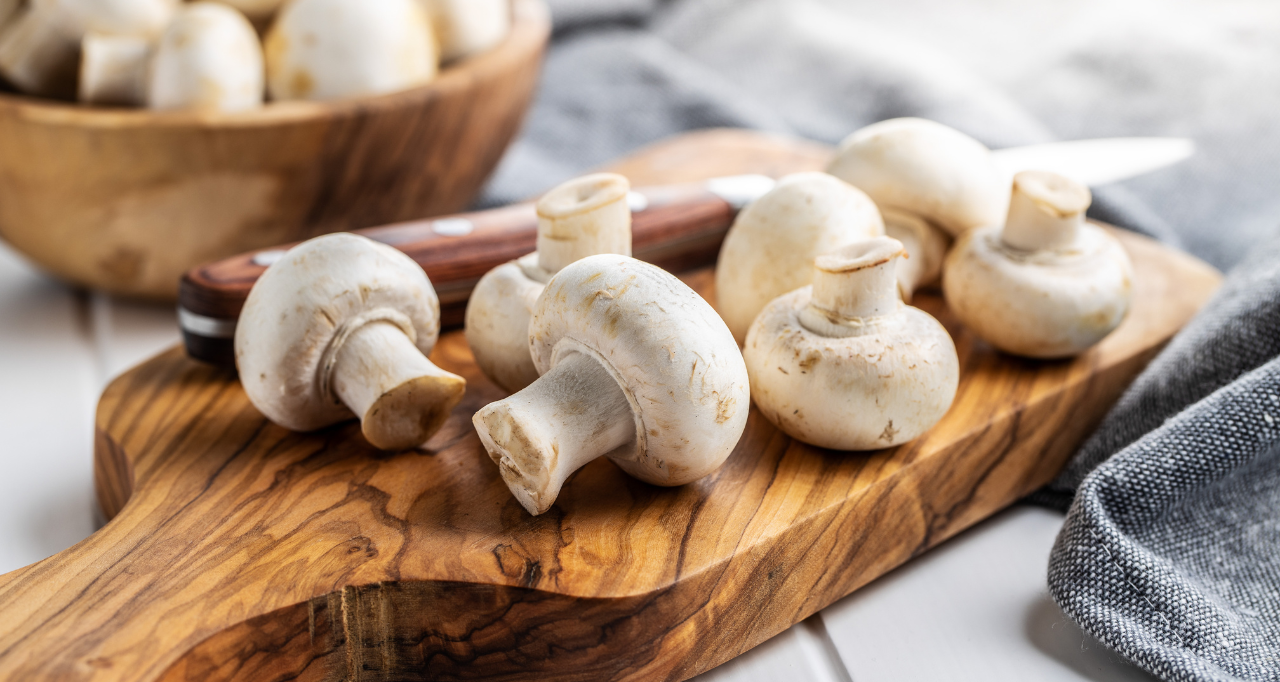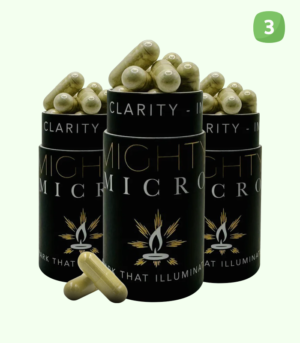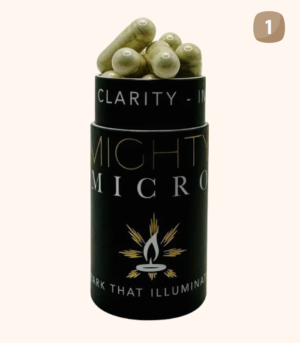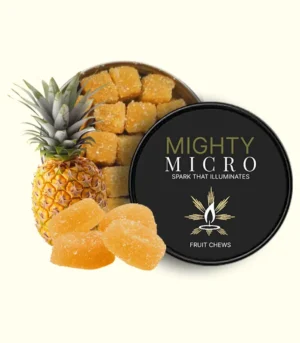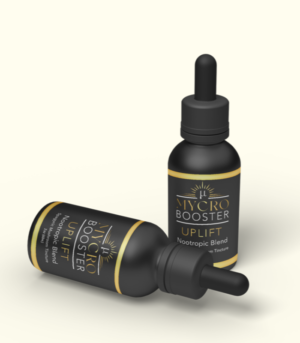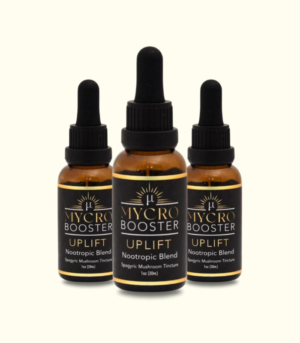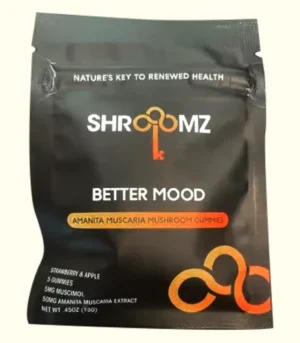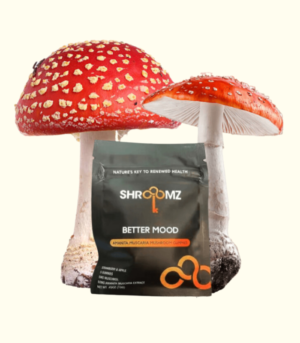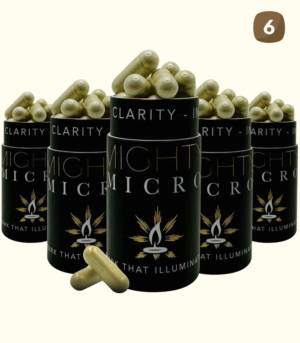White mushrooms, also known as button mushrooms, are a type of edible fungi that belong to the species Agaricus bisporus. They are one of the most widely cultivated and consumed mushrooms in the world. Characterized by their small to medium size, white caps, and short stems, white mushrooms have a mild, sweet flavor and a soft, tender texture. They are a good source of protein, fiber, and various vitamins and minerals, making them a popular ingredient in many cuisines. White mushrooms are versatile and can be used in a variety of dishes, from salads and soups to sauces and sauces. They are also available fresh or dried and can be stored for later use. Whether sautéed, roasted, or grilled, white mushrooms add a delicious and earthy flavor to any meal.
Nutritional profile of White Mushrooms
| Serving Size | 1 cup (55g) |
| Nutrition Facts | |
| Calories | 15 |
| Protein | 2g |
| Fat | 0.5g |
| Carbohydrates | 3g |
| Fiber | 0.5g |
| Sugar | 1g |
| Sodium | 0mg |
| Cholesterol | 0mg |
| Vitamins | |
| Vitamin D | 10% of the DV |
| Vitamin B2 (Riboflavin) | 10% of the DV |
| Vitamin B3 (Niacin) | 20% of the DV |
| Vitamin B5 (Pantothenic acid) | 10% of the DV |
| Vitamin B6 | 5% of the DV |
| Folate | 5% of the DV |
| Minerals | |
| Copper | 10% of the DV |
| Selenium | 15% of the DV |
| Potassium | 5% of the DV |
| Phosphorus | 5% of the DV |
Other nutrients
- Antioxidants: White mushrooms contain a range of antioxidants, including polyphenols and selenium, which can help protect against cell damage and oxidative stress.
- Immune-boosting compounds: White mushrooms contain beta-glucans, which have been shown to stimulate the immune system and increase its response to infection.
What are the Health Benefits of Mushrooms?
Mushrooms are nutrient-dense foods that offer an array of health benefits due to their rich content of proteins, vitamins, minerals, and antioxidants. Here’s a closer look at their potential impact on health:
Cancer Prevention
Mushrooms contain powerful antioxidants that may help prevent various types of cancer, including prostate, colorectal, and breast cancers. While promising, more studies are needed to establish definitive evidence.
- Selenium: Some studies suggest selenium may aid in cancer prevention, though a 2017 review found no conclusive evidence.
- Vitamin D: Mushrooms provide small amounts of vitamin D, which might help reduce cancer risks in some individuals, as per a 2018 report. However, the effectiveness varies from person to person.
- Choline: This antioxidant in mushrooms has mixed results. While some research links it to reduced cancer risks, other studies associate it with an increased risk of lethal prostate cancer.
Diabetes Management
Dietary fiber in mushrooms supports blood sugar regulation, especially for type 2 diabetes.
- Fiber Content: A 2018 review revealed that fiber can lower the risk of type 2 diabetes and help manage blood glucose levels. A cup of sliced raw mushrooms (70g) provides 0.7g of fiber.
- Guidelines: The Dietary Guidelines for Americans recommend 20–30g of fiber daily, depending on age and sex.
Heart Health
Mushrooms contribute to cardiovascular health with their potassium, vitamin C, and fiber content.
Potassium
Potassium helps regulate blood pressure and reduces the risk of cardiovascular diseases.
- One cup of mushrooms contains about 223mg of potassium.
- Recommended daily intake: 2,600mg for females and 3,400mg for males.
- Note: Individuals with kidney conditions should consult a doctor regarding potassium intake.
Vitamin C
Adequate vitamin C intake is linked to lower cardiovascular disease risks. Mushrooms provide a small amount (1.47mg per cup), complementing dietary sources.
Beta-Glucans
Mushrooms, especially shiitake stems, are a good source of beta-glucans, a type of fiber that may help lower cholesterol levels.
Pregnancy Benefits
Mushrooms are a natural source of folate, which is essential for fetal development.
- Folate Content: One cup of raw mushrooms contains 11.9 mcg of folate.
- Recommended Intake: Adults need 400 mcg daily, while pregnant individuals require 600 mcg.
Additional Benefits
B Vitamins
Mushrooms are rich in B vitamins, such as:
- Riboflavin (B2): Assists in energy production.
- Folate (B9): Supports cell division and growth.
- Thiamine (B1): Helps convert nutrients into energy.
- Pantothenic Acid (B5): Aids in fat metabolism.
- Niacin (B3): Promotes healthy skin and digestion.
These vitamins play vital roles in energy metabolism, red blood cell production, and brain health.
Choline
Choline in mushrooms supports muscle movement, memory, and nerve function while maintaining cellular integrity.
Vitamin D
Mushrooms are the only vegan, non-fortified source of dietary vitamin D, promoting bone health and immune function.
Minerals
Mushrooms are excellent sources of:
- Selenium: An antioxidant that supports immune function.
- Copper: Essential for red blood cell formation.
- Iron: Aids oxygen transport in the blood.
- Phosphorus: Promotes healthy bones and teeth.
Buy Magic Mushroom Online
How are white mushrooms used?
White mushrooms can be used in various forms, including fresh, frozen, canned, dried, and powdered. Fresh mushrooms are ideal for raw or cooked dishes but have a short shelf life of about 3–4 days. To extend their usability, you can freeze, can, or dry them, retaining much of their nutritional value. Frozen and canned mushrooms are best cooked, as their texture may alter during processing.
Dried mushrooms can be rehydrated by soaking in water and then used in soups, sauces, or stir-fries. Powdered white mushrooms are often added to baked goods or smoothies to boost protein and nutrient content. While there is no specific dose for culinary use, incorporating 1–2 cups of fresh mushrooms or equivalent dried or powdered amounts into your daily diet is a practical way to enjoy their health benefits.
How to Add White Mushrooms to your Diet?
Due to their mild flavor and versatility, white mushrooms can be easily incorporated into your diet in various ways. You can slice them raw to add crunch and nutrients to salads or sandwiches. Sautéed white mushrooms make a flavorful topping for pizzas, pasta, or omelets. They can be added to soups, stews, or stir-fries for depth and texture. Grill or roast them with olive oil and herbs as a tasty side dish or skewer them for a smoky flavor.
Use them in casseroles, stuffed mushroom recipes, or as a meat substitute in vegetarian meals. Powdered white mushrooms can be blended into smoothies or added to baked goods to enhance their nutritional content. Incorporating 1–2 cups of fresh mushrooms or equivalent dried or canned forms into your daily meals can provide a variety of health benefits while diversifying your diet.
FAQs
What are the nutritional benefits of white mushrooms?
White mushrooms are low in calories and rich in nutrients like protein, fiber, B vitamins (riboflavin, niacin, pantothenic acid), copper, selenium, and potassium. They also provide antioxidants such as ergothioneine and small amounts of vitamin D, especially when exposed to sunlight.
Can white mushrooms help with weight management?
Yes, white mushrooms are low in calories and fat but high in water and fiber, making them a great addition to weight-loss diets. They promote satiety and can replace high-calorie ingredients in various dishes.
Are white mushrooms good for heart health?
White mushrooms contain potassium, which helps regulate blood pressure, and beta-glucans, a type of fiber that may lower cholesterol levels. These nutrients contribute to improved cardiovascular health.
How do white mushrooms support the immune system?
White mushrooms are rich in selenium and other antioxidants that boost immune function by reducing oxidative stress and inflammation.
What are some ways to use white mushrooms in cooking?
White mushrooms can be used raw in salads, sautéed as a side dish, or as toppings for pizzas and pastas. They are also great in soups, stews, stir-fries, stuffed recipes, or roasted with herbs. Powdered mushrooms can be added to smoothies or baked goods for extra nutrition.
Can white mushrooms be eaten raw?
Yes, white mushrooms are safe to eat raw and add a fresh, earthy flavor to salads and sandwiches. However, cooking them enhances their flavor and nutrient availability, especially antioxidants like ergothioneine.
How can I store white mushrooms to keep them fresh?
Fresh white mushrooms should be stored in a paper bag in the refrigerator and consumed within 3–4 days. To extend shelf life, consider freezing, canning, or drying them.
Do white mushrooms contain vitamin D?
Yes, white mushrooms naturally contain small amounts of vitamin D. When exposed to sunlight or UV light, their vitamin D content significantly increases, making them a good plant-based source of this essential nutrient.
Are white mushrooms suitable for vegetarians and vegans?
Absolutely! White mushrooms are a versatile, plant-based ingredient that fits well in vegetarian and vegan diets. They are also one of the few vegan sources of vitamin D.
How much white mushroom should I consume daily?
There is no strict daily requirement, but incorporating 1–2 cups of fresh mushrooms or their equivalent in dried or powdered form into your meals is a practical way to enjoy their health benefits.
Can white mushrooms help prevent cancer?
White mushrooms contain antioxidants like selenium, ergothioneine, and choline, which may help protect against cell damage and lower the risk of certain cancers. However, more research is needed to confirm these effects.
Are white mushrooms good for managing diabetes?
Yes, the fiber in white mushrooms can help regulate blood sugar levels, and their low glycemic index makes them a diabetes-friendly food option.
Can pregnant women eat white mushrooms?
Yes, white mushrooms are safe for pregnant women and provide folate, which is essential for fetal development. However, always ensure they are fresh and well-cooked to avoid contamination.
Are there any risks associated with eating white mushrooms?
White mushrooms are generally safe for most people, but consuming them raw in large quantities may cause digestive discomfort in some individuals. Always wash them thoroughly to remove any dirt or contaminants.
Can white mushrooms be used as a meat substitute?
Yes, their firm texture and umami flavor make them an excellent meat substitute in vegetarian dishes like burgers, tacos, and stir-fries.
How do powdered white mushrooms enhance food?
Powdered white mushrooms are used to enrich the protein and nutrient content of foods like baked goods, soups, and smoothies. They are also convenient for adding mushroom flavor to dishes without altering texture.

